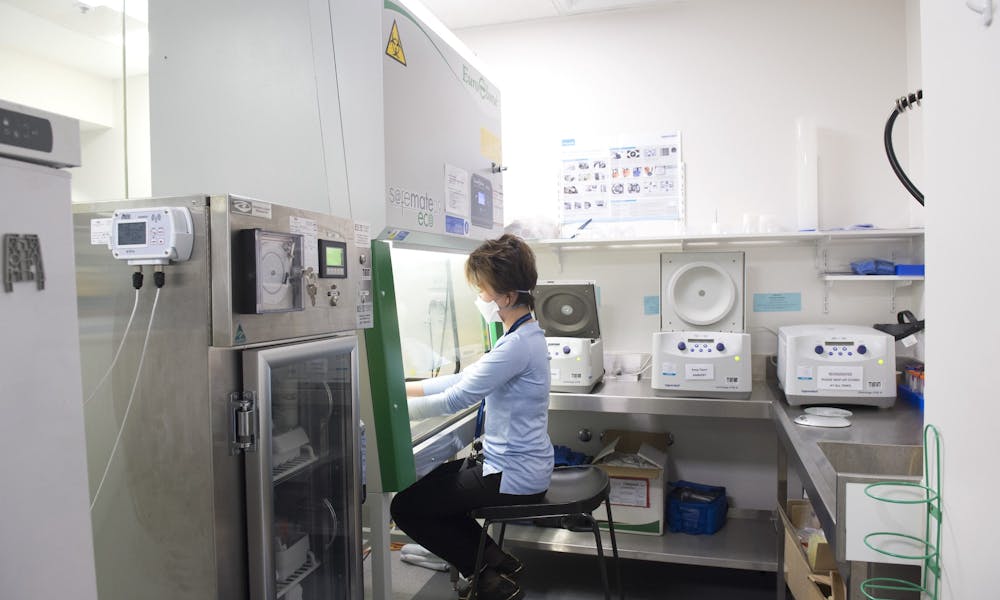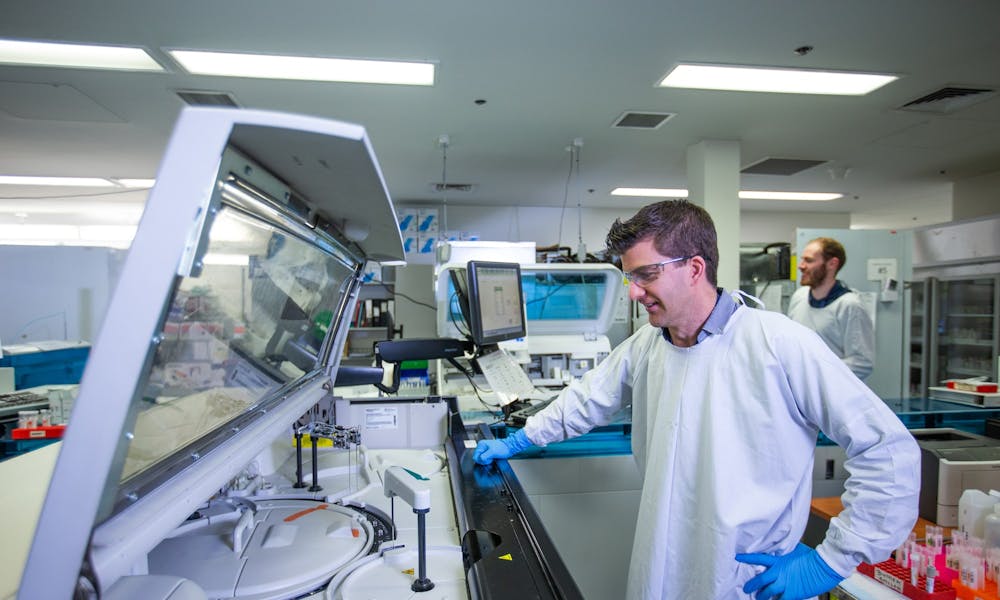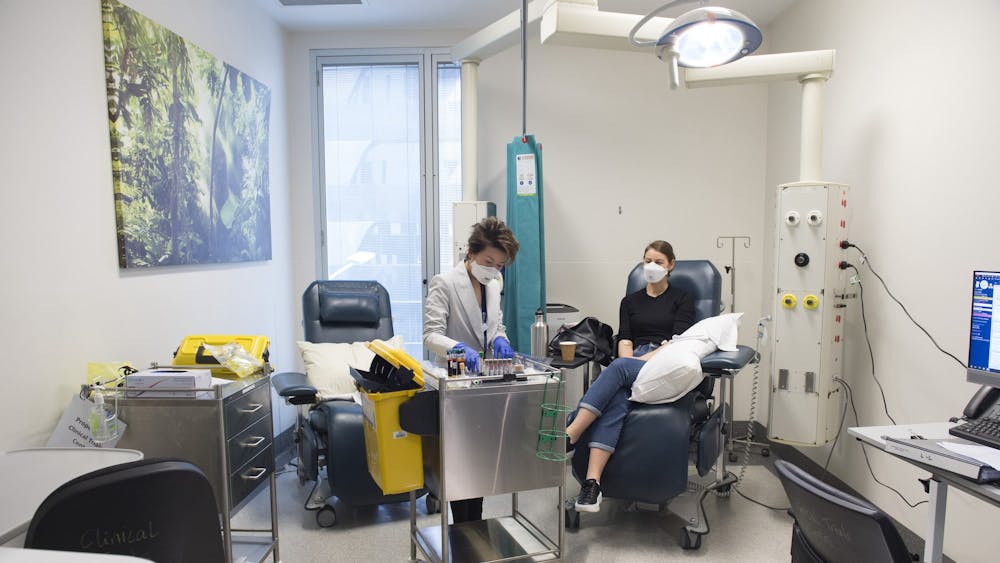Clinical trials for medication, treatment and devices are divided into phases.
Trial phases for new medication and treatments
Medication and treatment clinical trials are divided into four phases. All new medications must be tested in phase I, II and III studies before they are approved for use by the public.
After extensive laboratory testing, the drug is tested in a small group of people, for the first time.
Aim of phase I
The aim of these trials is to find out:
- How safe the medicine is
- How it works
- How well it is tolerated
Length of phase I
Typically these trials are very short and very tightly controlled with a high degree of monitoring of participants.
Once a drug has been successfully trialled in a phase I study, it is then tested again in a small number of people who have the disease that the drug is being developed to treat.
Aim of phase II
The aim of phase II trials is to assess the best dose of the drug in regard to its effectiveness and safety.
Length of phase II
Typically these trials are short and closely supervised. Participants are closely monitored.
When a phase II trial of a drug shows that the drug has potential benefits that outweigh the hazards (side effects), the drug is then tested in a phase III trial.
The majority of trials conducted at the RMH are phase III. These trials involve many participants from around the world.
Aim of phase III
The aim of phase III trials is to show that the new drug is:
- Effective for the treatment of a medical condition
- Safe to use
Dividing participants into test groups
To ensure that the results of the trial are correct and free from bias, it is necessary to include two groups in the trial. The only difference between the two groups is that one group will have the new drug and the other group will not. To do this a placebo may be used. The placebo looks identical to the new drug but it does not contain any medicine.
Participants are randomly assigned to either of the groups. This is called randomisation.
Neither the participants nor the research staff know who is receiving the new drug or placebo as this could cause bias. This is called blinding.
Length of phase III
Both groups of participants are then monitored closely for a period of time (usually 3 months to 3 years) so that scientific analysis can be done to determine if the drug is effective.
These trials are done after the drug is approved by the Therapeutic Goods Administration (TGA).
Aim of phase IV
The aim of phase IV trials is to either:
- Obtain further information about the drug or
- Compare approved drugs to each other to find out which treatment is better

Trial phases for new medical devices
Medical device clinical trials are divided into four phases.
The aim of this phase is to collect early data on the safety and performance of the device in humans.
Results from this phase might effect the design of the device going forward.
The aim of this phase is to assess the safety and effectiveness of the device and its design in patients.
The aim of this phase is to study the safety and effectiveness of the device in its final design on a larger group of patients, while monitoring for risks.
The aim of this phase is to monitor and study the device on a large group of patients over a longer period of time.

Monitoring of clinical trials
All clinical trials are closely monitored throughout the process to ensure effectiveness, safety and compliance.
Regulatory guidelines and organisations
All clinical trials are conducted in accordance with the:
- World Medical Association’s Declaration of Helsinki
- The International Conference on Harmonization Good Clinical Practice guideline
These guidelines state the requirements for:
- Documentation
- Protocols
- Indemnities
- Informing participants
- Obtaining consent
- Reporting adverse (bad) events
In Australia, clinical trials are also conducted in accordance with the National Statement on Ethical Conduct in Human Research. This document provides guidance on ethical issues in human research.
All clinical trials must be approved by Human Research Ethics Committee (HREC) before they can start.
Sponsors
Sponsors monitor clinical trials closely to ensure that all procedures are being completed correctly. Sponsors monitor the trial data to detect any potential side effects of the new treatment as soon as possible.
Data Safety Monitoring Board (DSMB)
Most phase III studies have a Data Safety Monitoring Board (DSMB), which is a group of independent experts who periodically review the trial data for safety, effectiveness and trial conduct and progress. The DSMB makes recommendations about whether the trial should continue, be modified or terminated.
The Office for Research
The RMH's Office for Research is responsible for the governance of all research conducted at the RMH. Investigators and sponsors report regularly on the conduct of the trial and how it is progressing.

We need clinical trials to prove that new treatments are safe and effective for people to use. They are essential to the discovery of new medications and devices, neither of which can be approved for use in Australia without clinical trials.

